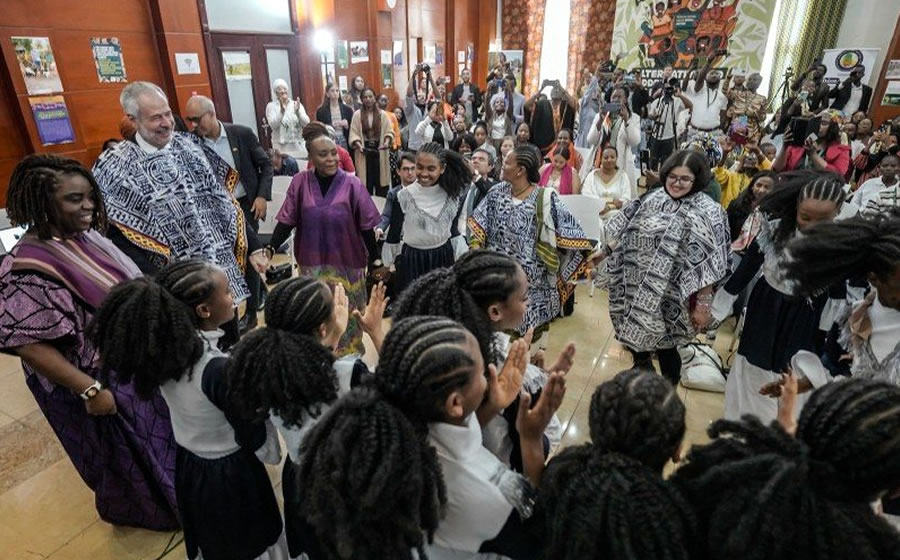
The Africa Climate Week Gender Day in Addis Ababa highlighted the demands of women and feminist collectives for climate justice. Participants demanded direct access to finance and support for local solutions that connect the fight against climate change with women's rights.
The meeting denounced that millions of African women spend long hours collecting water or firewood, a burden exacerbated by environmental degradation and lack of infrastructure. This unpaid work limits their access to education, employment and political participation.
Energy exclusion is another urgent challenge. Six hundred million people on the continent lack electricity, a situation that particularly impacts women. Many rely on rudimentary charcoal or wood-burning cookers, causing respiratory illnesses and further reducing their opportunities.
Data shows that Africa contributes less than 4% of global emissions, but suffers severely from the effects of warming: droughts, food insecurity and forest degradation. In this context, women are leading projects in regenerative agriculture, solar energy and community conservation, demonstrating their key role in climate adaptation.
However, the financing gap is critical. The continent would need about $250 billion annually for mitigation and adaptation, but receives a tiny fraction. UN Women warned that current access mechanisms are too complex for local organisations.
Senegalese representative Doris Mpoumou stressed the urgency of simplifying processes and ensuring that funds reach communities. She also advocated for African women to be fully involved in decision-making, from policy design to implementation, so that climate responses reflect their realities.
Source: resumenlatinoamericano.org
